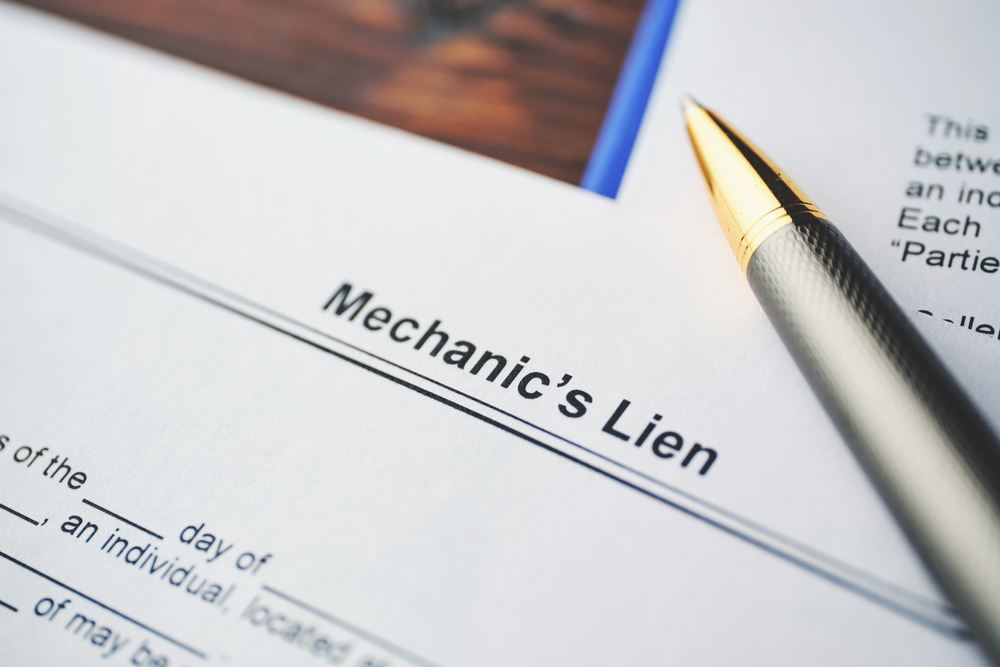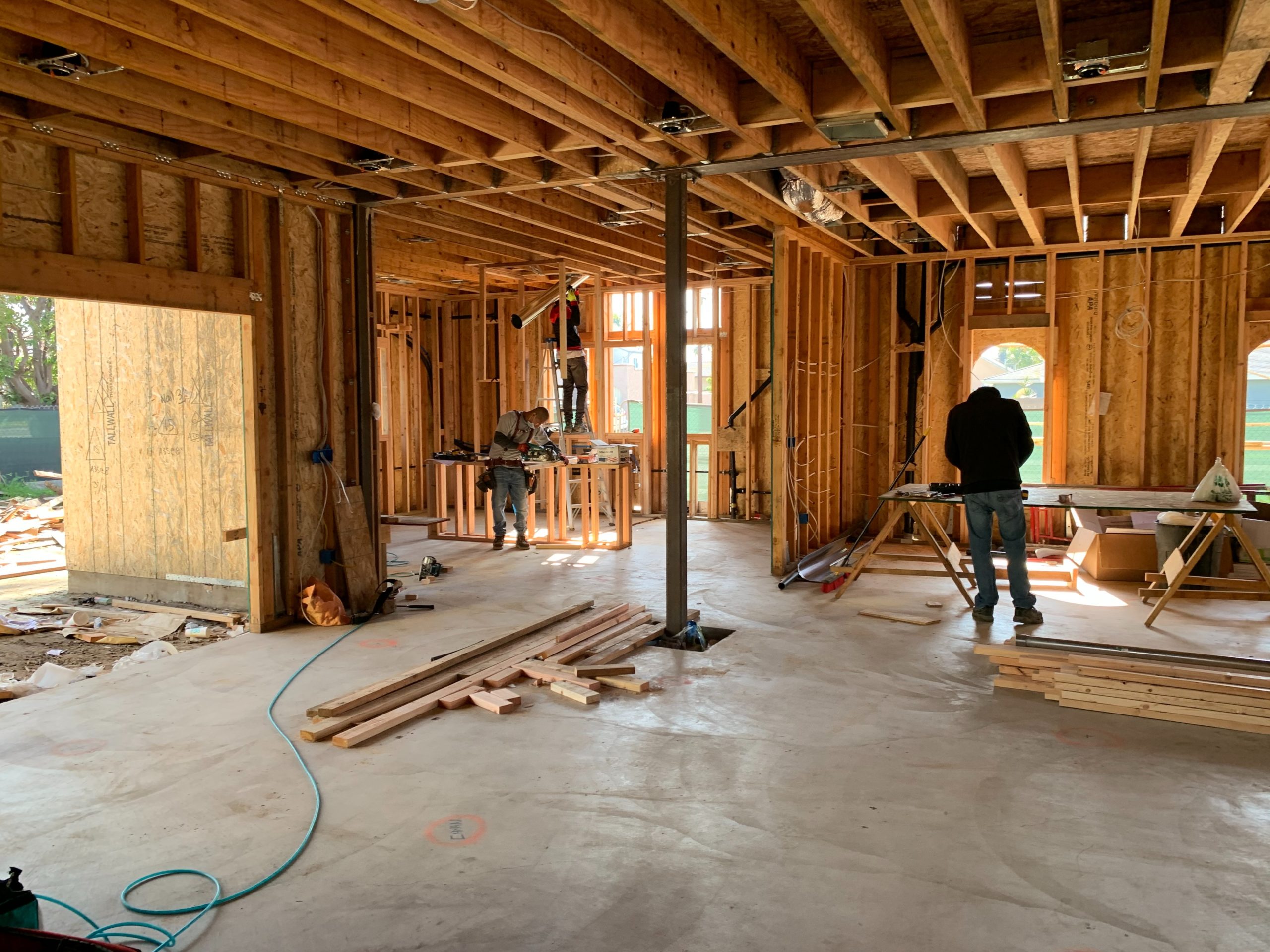

Did you know that your lien rights differ from state to state? It’s an important nuance to understand because filing an invalid lien can have a lot of implications. The consequences vary case by case, but a few things that could happen if you file an invalid lien are:
So when it comes to liens, you’ll want to ensure everything is above board. In my opinion, regardless of whether you file the lien or have a legal representative do it, it is to your benefit to get help from a legal representative who knows lien rights. And that’s not every attorney. Plenty of lawyers (and even judges) aren’t very knowledgeable about lien rights, which means it’s even more important to do everything right on your end to avoid headaches. If you need assistance, Cromeens Law Firm is equipped to help you advocate for your lien rights in all 50 states.
The exact requirements will vary by state, but in general, here are the requirements you need to have a valid lien.
If you’re filing a lien, regardless of your confidence in your ability, it can’t be stressed enough how much it can help you to hire a legal expert to look at it. An expert can help you make sure that you are fulfilling these 10 requirements for a valid lien before you make a hasty mistake.
The Cromeens Law Firm is committed to helping our clients do so at a low rate that works for them and their businesses. If you need legal assistance on lien rights or any other construction law matter, reach out today!
Karalynn Cromeens is the Owner and Managing Partner of The Cromeens Law Firm, PLLC, with over 17 years of experience in construction, real estate, and business law. A published author and passionate advocate for contractors, she has dedicated her career to protecting the businesses her clients have built. Karalynn is on a mission to educate subcontractors on their legal rights, which inspired her books Quit Getting Screwed and Quit Getting Stiffed, as well as her podcast and The Subcontractor Institute.

